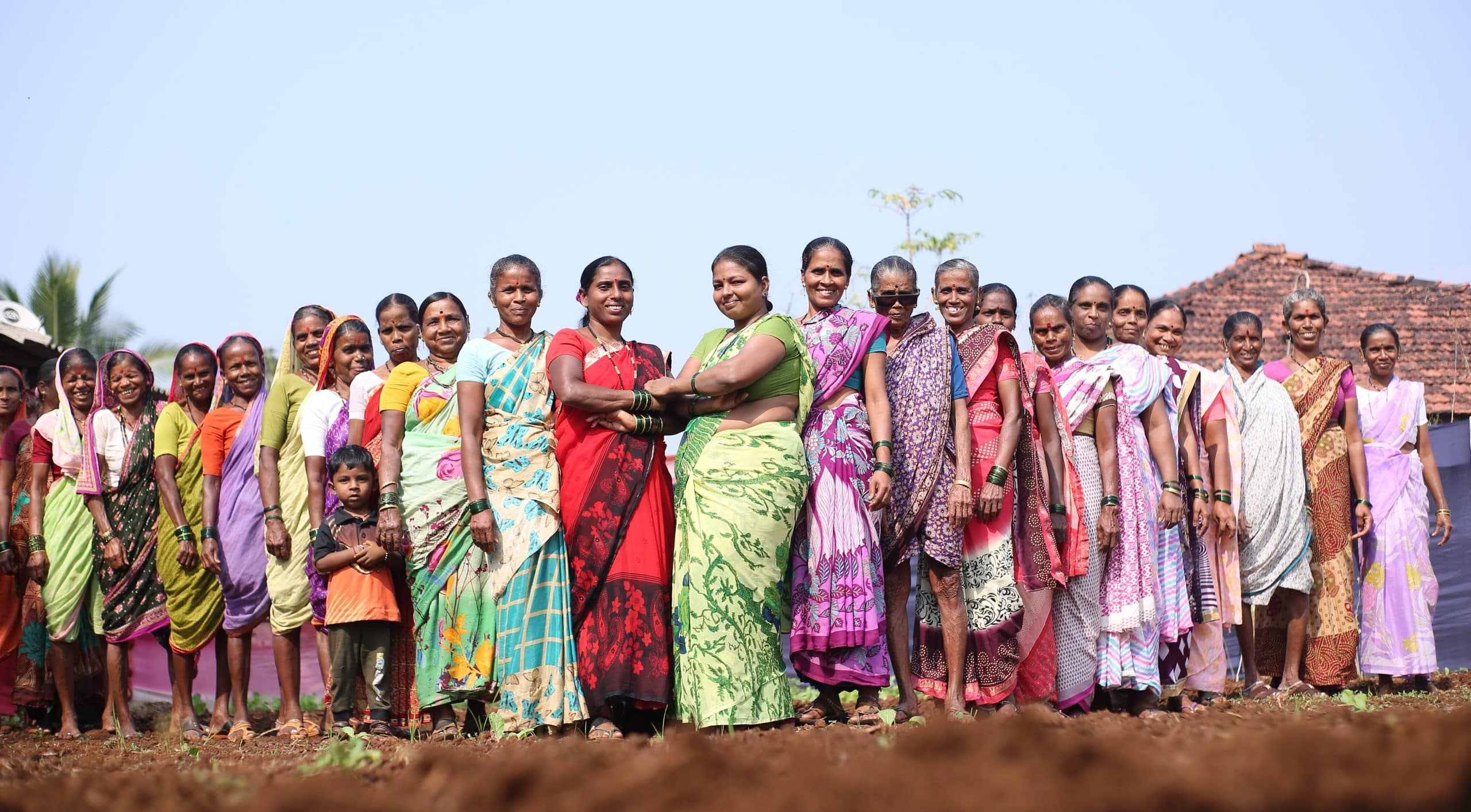Empowering Women and Rural Development in India

In a recent conference held in New Delhi, Vice President of India, Dr. Jagdeep Dhankhar, addressed delegates from the African-Asian Rural Development Organization. He emphasized the critical role of gender participation in governance as a means to achieve equality and reduce inequities. Dr. Dhankhar highlighted India’s unique constitutional framework that mandates women’s participation in governance. He pointed out that one-third of the seats in village and municipal bodies are reserved for women, showcasing the government’s commitment to empowering women at all levels. This initiative has led to a significant number of women being elected to positions of leadership in local governance, thereby tackling various challenges in their communities.
Gender Participation: A Constitutional Mandate
Dr. Dhankhar underscored the importance of gender participation in governance as a fundamental principle for achieving equality. He noted that India stands out globally for its constitutional provisions that ensure women’s representation in decision-making processes. With one-third of seats reserved for women in local governance, the country has made substantial strides in promoting gender equality. This initiative has empowered women to take on leadership roles in village Panchayats and cooperatives, allowing them to address local issues effectively.
The Vice President shared that millions of women have been elected through democratic processes at various levels, from Panchayats to cooperatives. This empowerment not only enhances women’s voices in governance but also fosters a sense of responsibility and accountability. By prioritizing women’s participation, the government aims to create a more inclusive and equitable society. Dr. Dhankhar’s remarks highlight the significance of empowering women as a means to drive social change and improve governance at the grassroots level.
Transformative Changes in Education and Economy
During his address, Dr. Dhankhar discussed the transformative changes India has witnessed over the past decade, particularly in education and the economy. He emphasized that the government has implemented massive initiatives to improve access to education and empower citizens. These efforts have resulted in significant advancements in various sectors, including internet connectivity, electricity, and sanitation.
Dr. Dhankhar pointed out that India now surpasses countries like the USA and China in per capita internet usage. This digital empowerment has opened new avenues for education and economic growth. He highlighted that the formalization of the economy and digital transactions have positioned India as a significant player in the global market. A decade ago, India struggled with a double-digit economy, but it has now risen to the fifth-largest economy in the world, with aspirations to become the third-largest within the next two years.
The Vice President’s vision for India is ambitious, aiming for the nation to be fully developed by 2047. He reflected on the historical context, recalling a time when India had to deposit gold in Swiss banks to maintain fiscal credibility. Today, India’s foreign exchange reserves have surged to approximately $700 billion, showcasing the remarkable economic progress the country has made.
Addressing Global Challenges: Climate Change and Poverty
In his speech, Dr. Dhankhar acknowledged the pressing global challenges, particularly climate change and poverty. He emphasized that these issues stem from humanity’s reckless exploitation of natural resources. The Vice President called for a shift in perspective, urging people to recognize that the planet is not solely for human use but is shared with other forms of life.
He highlighted the paradox of technological advancement coexisting with persistent issues like hunger and poverty. While India has leveraged technology to empower its citizens, there remains a pressing need to address these social challenges. Dr. Dhankhar stated that the government is committed to using technology to enhance transparency, accountability, and reduce corruption. By doing so, India aims to mitigate suffering and create a more equitable society.
The Vice President concluded by emphasizing the importance of rural development and the agricultural sector in achieving global stability. He expressed hope that the conference would contribute to defining strategies for sustainable growth in these critical areas. Dr. Dhankhar’s insights reflect a holistic approach to development, recognizing the interconnectedness of gender equality, economic growth, and environmental sustainability.
Observer Voice is the one stop site for National, International news, Sports, Editor’s Choice, Art/culture contents, Quotes and much more. We also cover historical contents. Historical contents includes World History, Indian History, and what happened today. The website also covers Entertainment across the India and World.
Follow Us on Twitter, Instagram, Facebook, & LinkedIn

